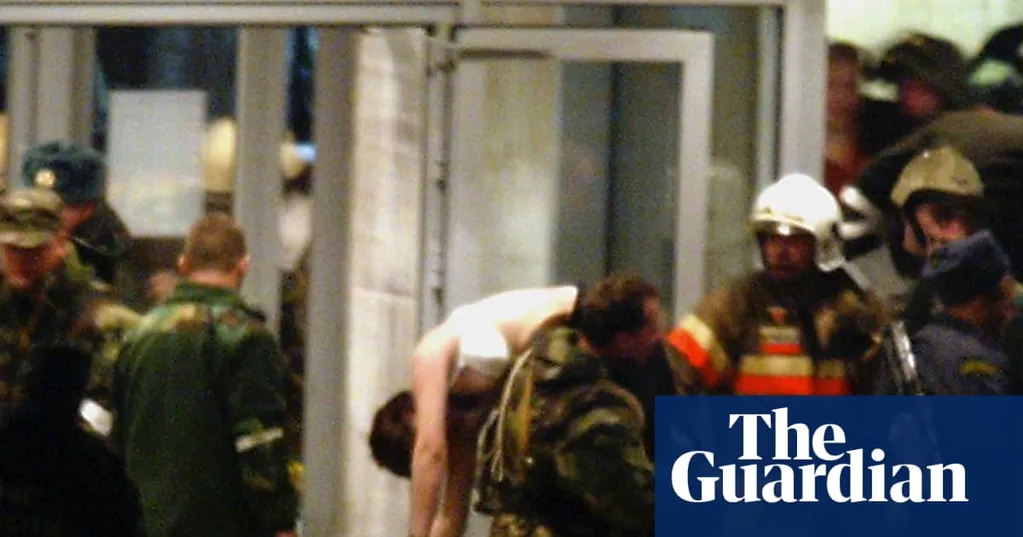Sophisticated and deadly "brain weapons" that can attack or alter human consciousness, perception, memory or behaviour are no longer the stuff of science fiction, two British academics argue.
Michael Crowley and Malcolm Dando, of Bradford University, are about to publish a book that they believe should be a wake-up call to the world.
They are this weekend travelling to The Hague for a key meeting of states, arguing that the human mind is a new frontier in warfare and there needs to be urgent global action to prevent the weaponisation of neuroscience.
"It does sound like science fiction," said Crowley. "The danger is that it becomes science fact."
The book, published by the Royal Society of Chemistry, explores how advances in neuroscience, pharmacology and artificial intelligence are coming together to create a new threat.
"We are entering an era where the brain itself could become a battlefield," said Crowley. "The tools to manipulate the central nervous system - to sedate, confuse or even coerce - are becoming more precise, more accessible and more attractive to states."
The book traces the fascinating, if appalling, history of state-sponsored research into central nervous system (CNS)-acting chemicals.
During the cold war and after, the US, Soviet Union and China all "actively sought" to develop CNS-acting weapons, said Crowley. Their purpose was to cause prolonged incapacitation to people, including "loss of consciousness or sedation or hallucination or incoherence or paralysis and disorientation".
The only time a CNS-acting weapon was used at scale was by the Russian Federation in 2002 to end the Moscow theatre siege. Security forces used fentanyl derivatives to end the siege, in which armed Chechen militants had taken 900 theatregoers hostage.
Most of the hostages were freed, but more than 120 died from the effects of the chemical agents and an undetermined number suffered long-term damage or died prematurely.
Since then, research has made significant advances. The academics argue that the ability exists to create much more "sophisticated and targeted" weapons that would once have been unimaginable.
Dando said: "The same knowledge that helps us treat neurological disorders could be used to disrupt cognition, induce compliance, or even in the future turn people into unwitting agents."
The threat is "real and growing" but there are gaps in international arms control treaties preventing it from being tackled effectively, they say.
Dando is emeritus professor of international security at the University of Bradford and a leading expert on biological and chemical weapons control. Crowley is an honorary visiting senior research fellow at Bradford's peace studies and international development division.
This weekend they will travel to The Hague, where an international body called the Conference of the States Parties (CSP) will gather for its 30th session. The CSP oversees the implementation of the Chemical Weapons Convention.
The book makes the case for a new "holistic arms control" framework, rather than relying on existing arms control treaties. It sets out a number of practical steps that could be taken, including establishing a working group on CNS-acting and broader incapacitating agents. Other proposals concern training, monitoring and definitions.
"We need to move from reactive to proactive governance," said Dando.
Both men acknowledge that we are learning more about the brain and the central nervous system, which is good for humanity. They said they were not trying to stifle scientific progress and it was about preventing malign intent.
Crowley said: "This is a wake-up call. We must act now to protect the integrity of science and the sanctity of the human mind."
